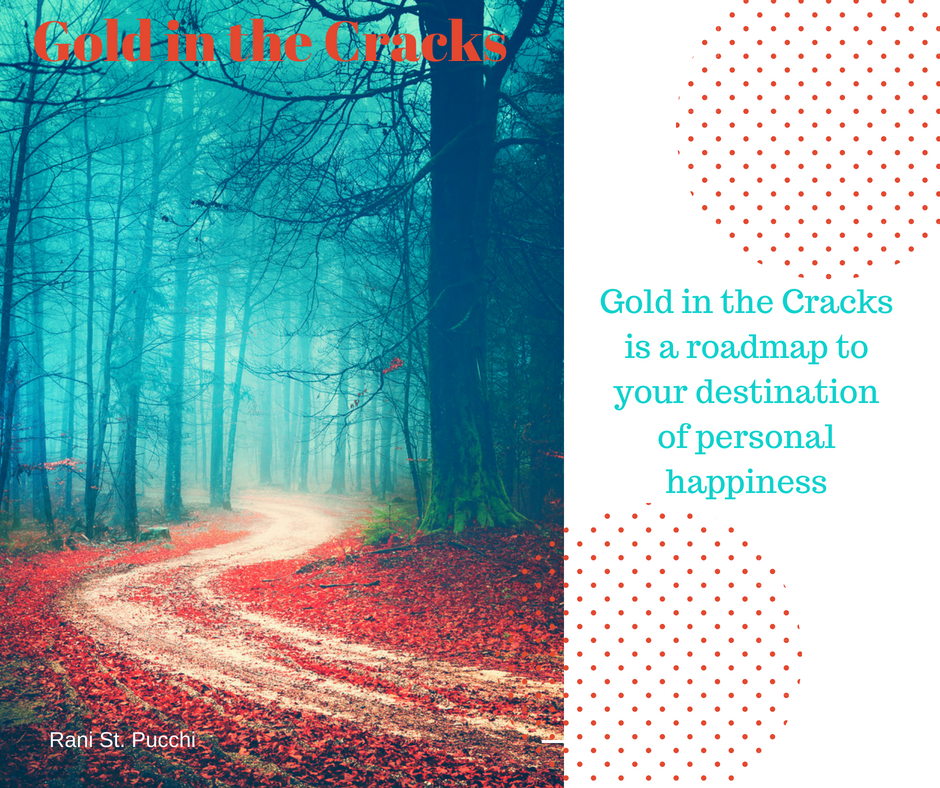
“Each has to enter the nest made by the other imperfect bird.” ~Rumi
It is true that we don’t get to choose the family we are born into.
We are born where we are born out of pure chance. We don’t get to choose our parents or our family environment, but we do get to choose how hard we’re willing to work in order to make the best of what we’re given.
We came into this world as blank slates and were shaped largely by those who took the responsibility to feed, shelter, and raise us. Our life course was set in motion by those we called our parents or guardians.
The quest for love and happiness begins in childhood where the close bond between baby and mother is instinctive, overwhelming, and based on survival. The kind of loving we receive influences the way our brain is wired and helps form our character. It has an impact on the choices we make in our teenage and adult years and the sort of relationships we forge.
In the early stages of life, love is all about looking for points of similarity and connection through constant communication. Personal differences and preferences are overlooked and even modified.
Happiness is easily achieved through a simple exchange of a look or a kiss. But at some point, usually around the age of seven, the rhythm changes and real life comes into play, opinions are formed, and choices and compromises have to be made.
If we grew up in a family where criticism was the norm, then we’re going to be critical as adults. If we grew up in a family where we were not allowed to express anger, then we are probably terrified of anger and confrontation. If we were raised in a family where we were manipulated by guilt, then we’re probably going to behave the same way as adults and feel we have to be manipulative in some way to get what we want.
As we grow up, we begin to live these false ideas and lose touch with our inner wisdom.
What was your childhood like?
What did you learn from watching your mom and dad when you were growing up? Did they have a dynamic, loving relationship filled with passion? Did money come to them with grace and ease, or was it hard for them to earn a living?
Were your parents happy and fulfilled? Or did they put their happiness on the backburner to take care of the family?
And how was the dynamic of your family? Was there a lot of love and laughter? Did you feel somewhat controlled and judged?
What about anger, resentment, and blame? Were those emotions a big part of the equation?
What kind of family did you grow up in?
Was it a great family where everyone was respected, where there was quality communication, trust and collaboration, where everyone’s independence was valued?
Or did you grow up in a family that by all outward appearances was an ideal one, a role model in everyone’s eyes except yours, the kind that deep down has all the characteristics of a toxic family?
Were your family relationships about domination and submission, where children are there to satisfy the needs, egos, or the psychopathic deviancy of their elders, where envious and abnormal motivations were the norm?
Perhaps yours was a temporarily toxic family where certain specific circumstances, such as job loss, illness, or separation and divorce changed the trajectory of the family relationships to become chronically toxic, and consequently there was loss of balance and respect. If so, some siblings were brought up in a healthy environment and others in a toxic one, and because of that divergence, there was lack of empathy and understanding among family members.
It’s possible that you are the most fortunate person in the world and had a wonderful family. In that case, congratulations! However, I assure you that for every happy family, there are thousands that are unhappy.
Regardless of what type of hurts you may or may not carry from childhood, your journey is unique to you. Even when we face what appears to be the exact same type of loss or trauma as someone else, our experience is likely to be very different. This is because each person’s personality, history, belief system, patterns of response, and emotional and psychological makeup are different. What completely shatters one person may be a minor setback to another and vice versa.
Be gentle on yourself because comparing your experience to someone else’s or basing it on societal norms—dealing with grief, for example—is counterintuitive.
Everyone has family patterns, and it’s very easy to blame our parents, our family, and those we were surrounded with in our childhood for the present condition of our lives.
Your first step to overcoming your personal imprints is to know what they are.
Awareness is the first step in the creation process.
Your limiting beliefs become so ingrained in your psyche that it becomes almost impossible to move beyond them if you don’t consciously bring them into your awareness and face them head on.
One of the most valuable gifts of this journey you’re on is that as you do the work, you will heal from your experience of brokenness and heartache and emerge with a greater sense of compassion for others who are also hurting.
Are you ready?
*Above is an excerpt from the #1 International Bestseller, Gold in the Cracks: Move from Shattered to Whole and Reveal Your Light.

© Rani St. Pucchi, 2019
Rani St. Pucchi is an award-winning Couture Fashion Designer, Style & Image Consultant, and a Relationship Expert. She is a Bestselling Author, an Inspirational Speaker, and a Success Coach and Trainer. Her TEDx talk: Is Your Body Image Holding You Back? has received worldwide acclaim. Rani’s#1 International Bestselling Books, Your Body, Your Style: Simple Tips on Dressing to Flatter Your Body Type ; The SoulMate Checklist: Keys to Finding Your Perfect Partner; Your Bridal Style: Everything You Need to Know to Design the Wedding of Your Dreams; and Gold in the Cracks: Move from Shattered to Whole and Reveal Your Light are available on Amazon and at Barnes & Nobles.
For more information on Rani please visit www.ranistpucchi.com

